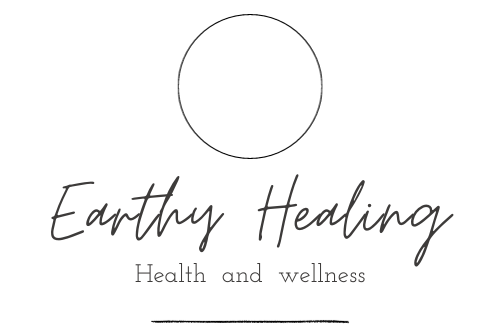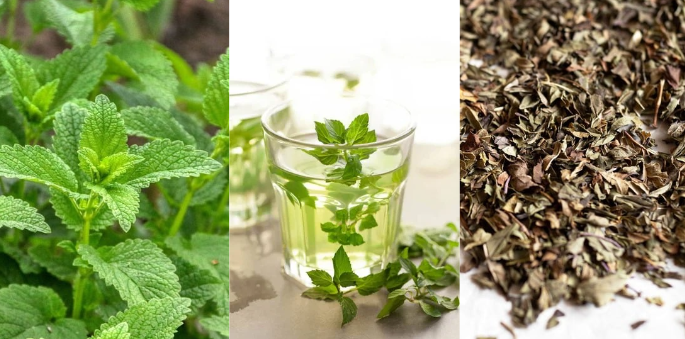Introduction:
Peppermint tea, made from the leaves of the Mentha piperita plant, is a beloved herbal beverage known for its refreshing flavor and numerous health benefits. This aromatic tea has been valued in traditional medicine for centuries and continues to be a popular choice in the realm of natural health for its digestive, mental, and respiratory benefits. This article explores the therapeutic properties of peppermint tea, supported by scientific research, and how it can be integrated into a holistic wellness practice.
What is Peppermint Tea?
Peppermint tea is an herbal infusion made from the dried leaves of the peppermint plant. It is caffeine-free and known for its cooling, minty taste, which comes from the menthol content in the leaves. Peppermint has been used in various cultural medicine practices to treat a wide range of ailments.
Health Benefits of Peppermint Tea
- Digestive Health: Peppermint tea is widely recognized for its ability to alleviate symptoms of indigestion, bloating, and gas. It relaxes the digestive tract muscles, aiding in the relief of gastrointestinal discomfort.
- Relieves Headaches: The menthol in peppermint tea can help relieve headaches, including migraines, by relaxing the muscles and easing pain.
- Reduces Stress and Anxiety: The natural sedative and antispasmodic properties of peppermint tea can help reduce stress and improve mental clarity.
- Respiratory Relief: It acts as an expectorant, helping to clear the sinuses and relieve symptoms of colds, such as coughing and throat irritation.
- Antimicrobial Properties: Peppermint tea has antimicrobial and antiviral qualities, which can help fight off infections and boost the immune system.
Incorporating Peppermint Tea into Your Routine
- Brewing the Perfect Cup: Infuse 1-2 teaspoons of dried peppermint leaves in hot water for 5-10 minutes. Adjust the quantity and steeping time to taste.
- Daily Consumption: Drinking 1-3 cups of peppermint tea daily can maximize its health benefits, especially for digestive wellness and stress relief.
- Combination with Other Herbs: Peppermint tea blends well with other herbal teas like chamomile or ginger, enhancing its flavor and therapeutic benefits.
Safety and Considerations
Peppermint tea is safe for most people, but some individuals may experience heartburn or allergic reactions, especially those with a sensitivity to menthol. Pregnant and breastfeeding women should consult with a healthcare provider before consuming large amounts of peppermint tea.
Conclusion:
Peppermint tea is more than just a refreshing beverage; it’s a powerful herbal remedy with a wide range of health benefits. Whether used to aid digestion, relieve stress, combat headaches, or support respiratory health, peppermint tea is a valuable addition to a natural wellness regimen, offering a soothing and therapeutic solution to many common health issues.

